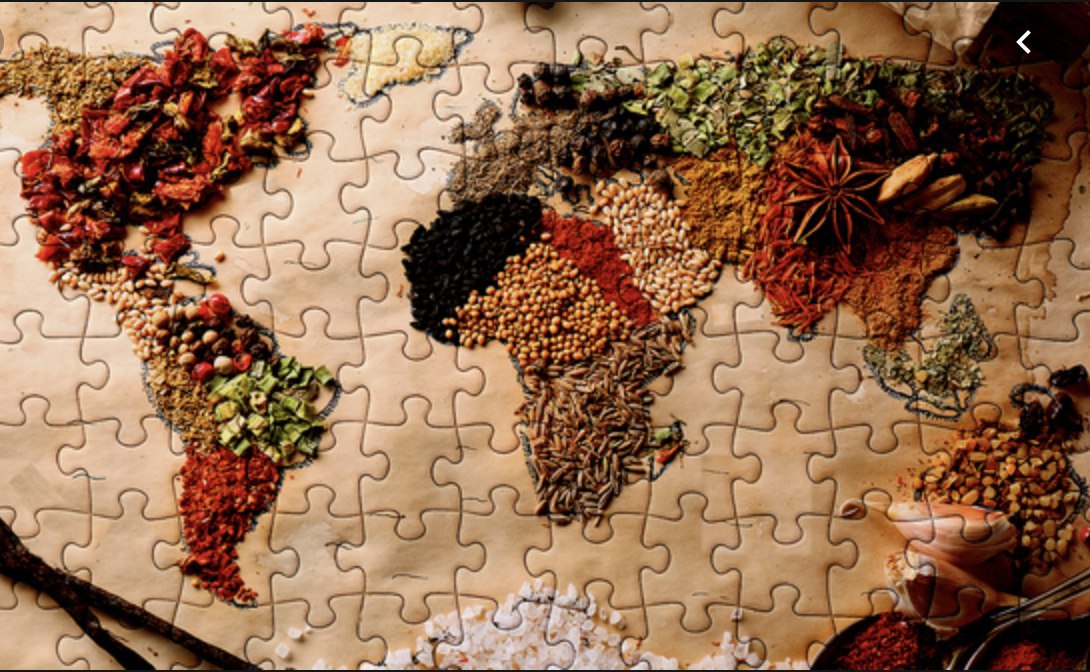
Can we reverse our spiral into food insecurity, and the probability of mass migration because of it?
In a blog post on 26 August 2019 entitled “Is an environmentally sound agricultural policy and feeding 10 billion people mutually exclusive?” we listed out some of the principal factors not boding well for humanity’s ability to feed itself by 2050, a short 30 years away. The list is stark, ominous and frightening.
We are very relieved to report that not all is lost. Many great people are passionate about doing what they can to address this obvious imbalance. One such person is Navin Ramankutty, interim director of the Institute for Resources, Environment and Sustainability at The University of British Columbia.
“The big advances we need to see in the future, is where we need to get more for less.”
That means increasing yields rather than increasing acreage under agriculture with the aid of irrigation systems, synthetic fertilizers and pesticides. For further information on the success stories referred to above, see: https://medium.com/ensia/can-we-meet-a-growing-need-for-food-without-destroying-our-environment-6f7307634d3c
The wonderful news is that we are seeing success by allowing nature to also play a part in increasing the fertility of land, with the benefits of reducing greenhouse gas emissions, nitrogen and phosphorus runoff, and pesticide pollution, and protecting freshwater resources.
The other important aspect in addressing the global food security imbalance is existing food loss and waste. Global food loss and food waste is a far-reaching problem with tremendous financial, ethical and environmental costs. The causes range from (i) farmers overplanting to offset expected extreme weather events and end up with surplus to (ii) food items that are fit for human consumption but thrown away, often at supermarkets or by consumers.
One third of the world's edible food is wasted every year - and that's set to increase as the global population grows. The interesting point here is that we are growing and producing enough now, however there is an imbalance in where the food is and where the food isn’t.
“When edible items are discarded, it’s not just food that is wasted. Consider all the resources required to bring food from the farm to your table: water for irrigation, land for planting, fuel for powering harvest and transport vehicles. When a bunch of bananas falls off a truck or restaurant owners fill their rubbish bins with uneaten meals, all those resources are essentially wasted right along with the food.” https://en.reset.org/knowledge/global-food-waste-and-its-environmental-impact-09122018
There is no doubt that food security is a complex problem with a lot of variables, but producing more food is certainly an important part of the solution as is wasting a lot less food than we currently do today. We rejoice everyone working in the field of agriculture, the environment and sustainability. We have to lift crop yields and this will have to achieve this against the backdrop of increasing extreme weather events, which on their very own presents new challenges and obstacles.
At environment4change we believe a sustainable world must be a diverse one. That means a diversity of crops and crop varieties as well as a diversity of forest, grasslands and wildflowers. Only then will pollinator populations survive. We embrace the work of Navin Ramankutty and others working tirelessly in this area and hope it can scale.
On helping reduce food loss, we see our PaaS is able to play a real roll (no pun intended). Food loss can be minimised if:
1. Consumers buy locally grown produce, thereby minimising chances of damage et al on route to market and over supply by the supply chain. Just in time delivery system can work well here. Also, meal planning for the consumer is easier.
2. Sharing surplus food. Some supermarkets (Tesco, Waitrose, Morisons in the UK) have started to donate unsold food close to or on their use by date. Our PaaS is ideally suited to match the supply to the demand across cities (by employing a fleet of electric refrigerated delivery vans). Yes – we have plans for this!
3. Turn waste into value – food waste into biogas
Educate people on all of the above and we will change consumer behaviour (for the better).
Part of the environment4change Platform-as-a Service is to educate anyone that wants to learn about the new and better ways of looking after our planet. Humanity needs more people turning to agriculture in the right way not less as is the current trend. Our PaaS will facilitate everyone realising that degradation of natural resources and services, food and water scarcity, food loss and waste, poverty and inequality are not just humanitarian and environmental issues, but are ultimately bad for everyones’ business. We (humanity) do have limited natural resources, it is time to restore them to health.Part of the environment4change Platform-as-a Service is to educate anyone that wants to learn about the new and better ways of looking after our planet. Humanity needs more people turning to agriculture in the right way not less as is the current trend. Our PaaS will facilitate everyone realising that degradation of natural resources and services, food and water scarcity, food loss and waste, poverty and inequality are not just humanitarian and environmental issues, but are ultimately bad for everyones’ business. We (humanity) do have limited natural resources, it is time to restore them to health.
